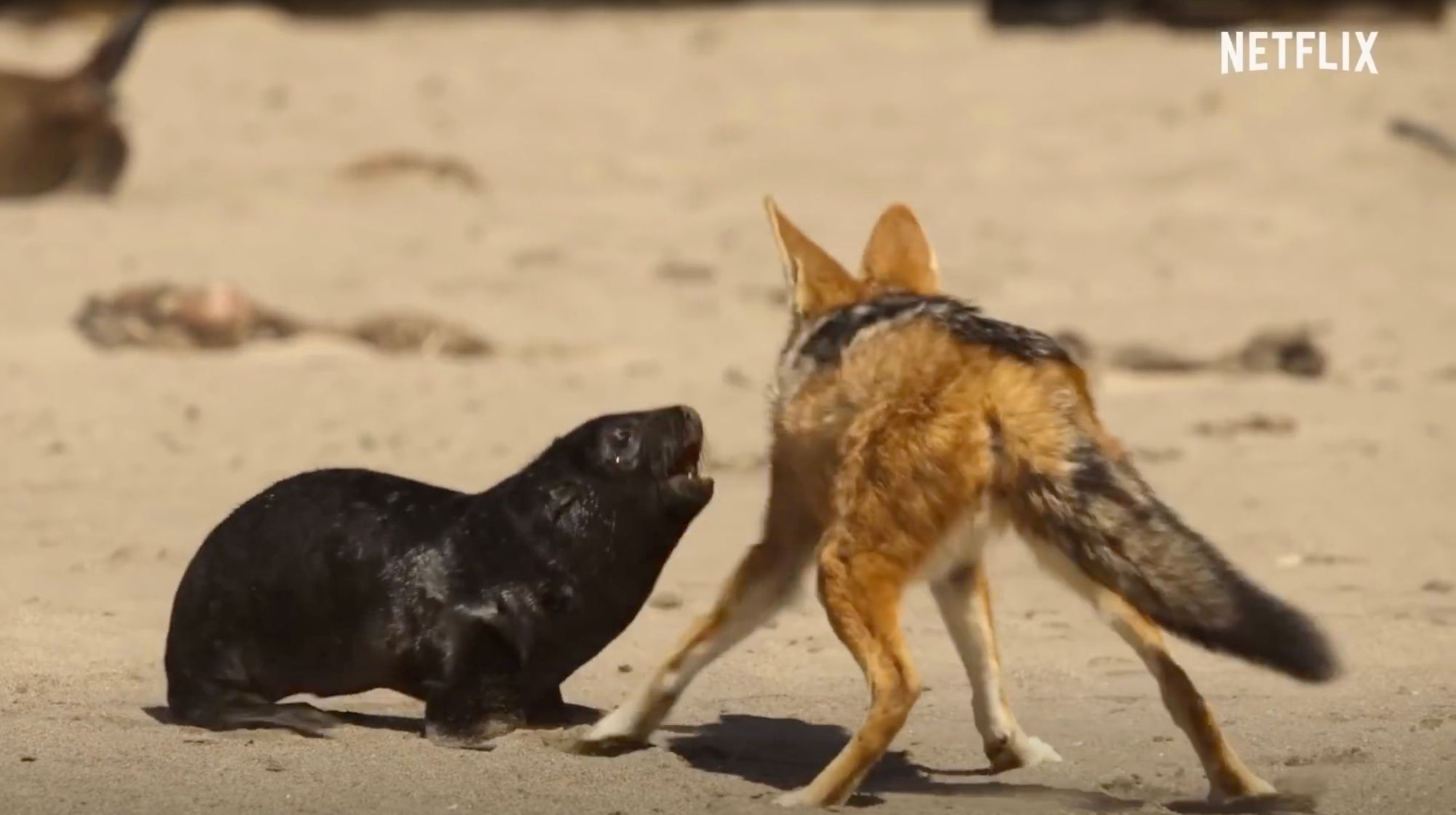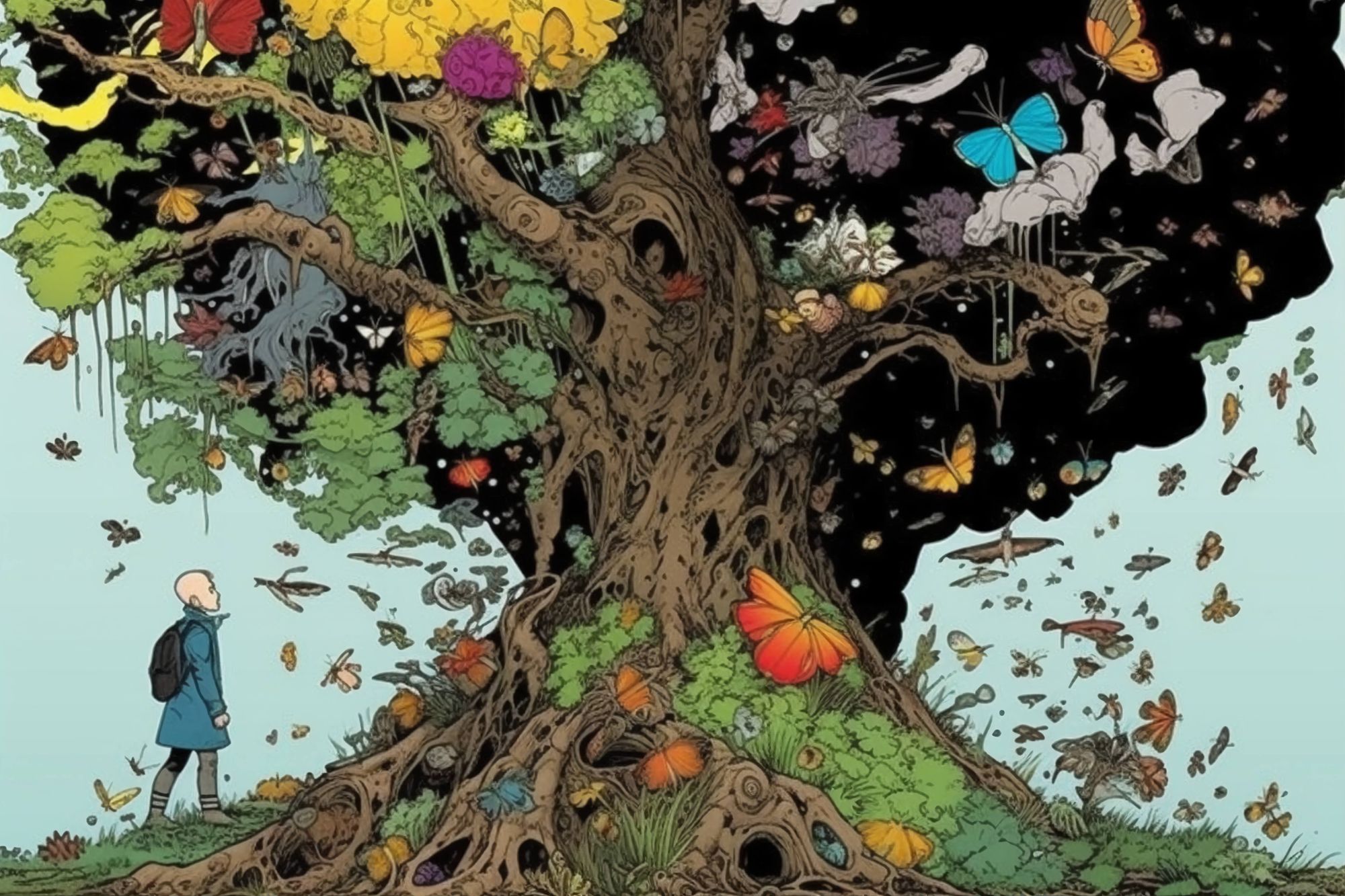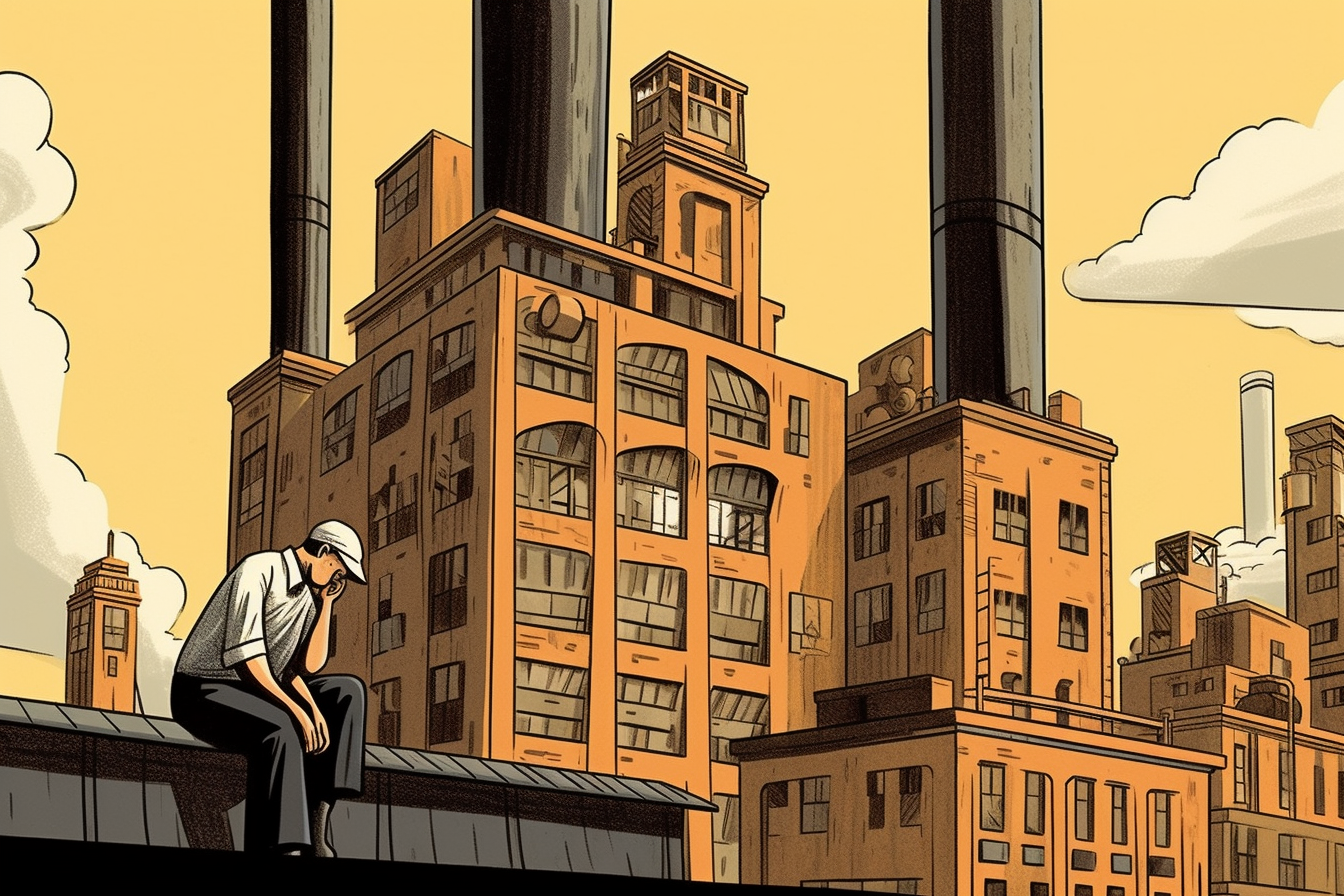Yesterday was Earth Day and I happen to have been binge watching nature docuseries on Netflix, so let's talk about living and leading in the wild shall we?
Life in the wild is dangerous. We understand that a human adult, much less a child, left out alone in the elements: the woods, the mountains, the desert, is likely to die if they are not rescued within a few days.
Resilience and dependence are sometimes framed as opposing concepts. If you depend on someone or something else, you are by definition unable to do it by yourself. But that doesn't mean you aren't resilient. Few creatures in nature actually live entirely alone, and even then, they rely on an ecosystem of plant, animal, fungal, and microbial life to survive. Resilience means you can depend on many things, not just one.
In Our Great National Parks, narrated by none other than President Obama, we see countless examples of symbiotic relationships: Hippos who have fish groupies that nibble off dead skin, algae, and parasites. Costa Rican forests that rely on feather-weight squirrel monkeys who dart through the branches, eating fruit and leaving their seeds all throughout the forest bed.
Both National Parks and Wild Babies, another great one, explore the particular difficulties of parenting in the wild. Parenting of course is the original form of leadership. Parents must support their defenseless children, helping them survive and grow into fully capable members of their species.
Even our warped concept of an "alpha male" comes from the study of wolves in captivity (a place of great conflict). Modern studies of wolf packs in the wild have revealed that the alpha wolves are typically the parents of a family of wolf pups and teenagers.

Parents and their young tend to have a common set of challenges:
- A young monkey who must find the courage to make a 20 foot leap in the treetops high above the forest floor to join his troop
- A young lioness who isn't aggressive enough about fighting for her share of a kill and goes hungry until she learns to take what's hers
- A baby sea lion who wanders away from the colony after his mother goes off to hunt for food and nearly gets eaten by a wild dog
- A young arctic fox who watches her father swim across the icy rivers and catch seagulls for the family, then makes her own first successful hunt
- A mother elephant who has to make a difficult decision to cross a turbulent river to stay with her herd, and almost loses her elephant calf to the currents in the process
- A mother grizzly who must cut off her reluctant cub from nursing in order to teach him to dig for oysters and avoid aggressive males
In each of these stories we see the balance between challenging the young to stretch themselves and move outside their comfort zone, and protecting them from mistakes that could lead to deadly harm.
As leaders within our family, teams, and communities, we often need to play this similar role. We need to keep our fellow group members safe, acquire resources to support the group, and help them learn to succeed “on their own”—which is to say, how to rely on a broader network of resources, allies, and strategies for survival.
But just as human activity and climate change have put enormous pressure on many species, driving them into extinction without intervention, we too must not fall into the trap of thinking that we can control our destiny without the aid of the larger community. This is why I disagree with most "preppers" who stash food and guns in a secure location to live out the apocalypse. If it ever gets that bad, we are royally fucked if people don't try to work together for the greater good. See the SVB bank run as a simple example.
So I guess to wrap things up, let's take a moment to appreciate the lessons nature has to offer us in terms of leadership, resilience, and interdependence. We must rely on others to achieve our goals in a complex and interwoven environment. To lead, we must balance challenge with protection, teaching with natural lessons. That even the best hunters fail far more than they succeed, but through the strength and generosity of their pack, they can have more than enough.
Happy belated Earth Day, everyone! Let's take care of our planet and each other, and continue to learn from the natural world around us.
Wishing you all the best on your journey,
—Jason

PS - Don't miss my reader survey and the May 6 salon in NYC!
Recent Issues





